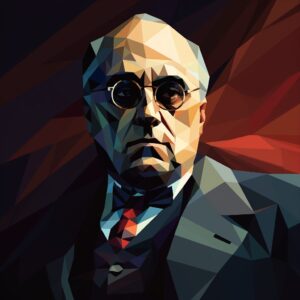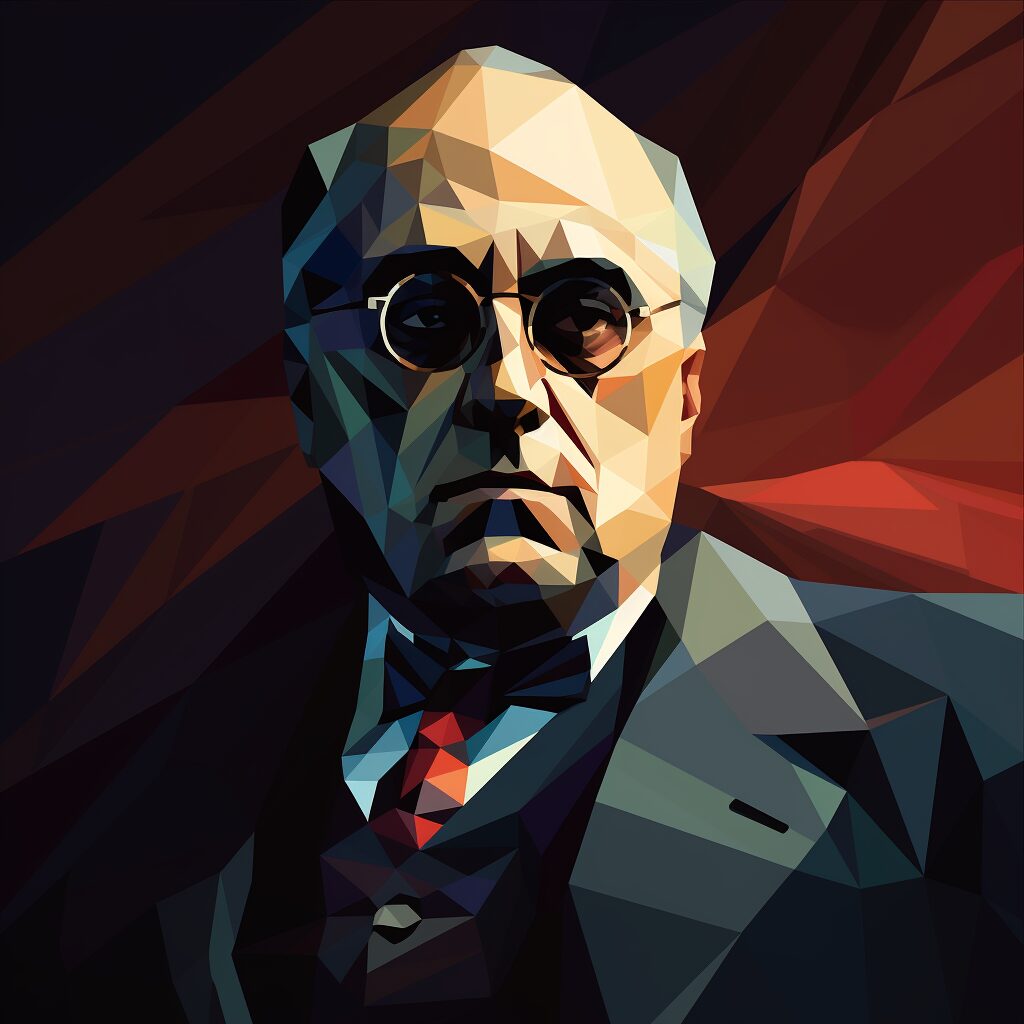Alexander Lowen Quotes
- Psychotherapist
- USA
- 1910
Alexander Lowen (1910-2008) was an American psychotherapist and the founder of Bioenergetic Analysis, a form of body-oriented psychotherapy. He was a major figure in the Human Potential Movement and a pioneer in the field of body psychotherapy. His most notable works include The Language of the Body…Read More
Alexander Lowen (1910-2008) was an American psychotherapist and the founder of Bioenergetic Analysis, a form of body-oriented psychotherapy. He was a major figure in the Human Potential Movement and a pioneer in the field of body psychotherapy. His most notable works include The Language of the Body (1958), Fear of Life (1980), and Love and Orgasm (1965). Lowen’s work focused on the connection between the body and the mind, and he developed a system of exercises to help people become more aware of their physical and emotional states. He believed that physical and emotional health were closely linked, and that physical and emotional healing could be achieved through bodywork.Read Less
Alexander Lowen (1910-2008) was an American psychotherapist and the founder of Bioenergetic Analysis, a form of body-oriented psychotherapy. He was a major figure in the Human Potential Movement and a pioneer in the field of body psychotherapy. His most notable works include The Language of the Body (1958), Fear of Life (1980), and Love and Orgasm (1965). Lowen’s work focused on the connection between the body and the mind, and he developed a system of exercises to help people become more aware of their physical and emotional states. He believed that physical and emotional health were closely linked, and that physical and emotional healing could be achieved through bodywork.
10 Inspiring Alexander Lowen Quotes
Alexander Lowen Career Highlights
Alexander Lowen was an American psychotherapist and founder of Bioenergetic Analysis, a form of body psychotherapy. He was born on December 23, 1910 in New York City and passed away on October 28, 2008 at the age of 97.Lowen received his medical degree from the College of Physicians and Surgeons at Columbia University in 1944. He then went on to study under Wilhelm Reich, a pioneer in the field of body psychotherapy. Lowen became a certified Reichian therapist and eventually developed his own approach, which he called Bioenergetic Analysis.
Key Contributions by Alexander Lowen
Lowen’s main contribution to the field of psychotherapy was his development of Bioenergetic Analysis. This approach combines traditional psychoanalytic techniques with physical exercises and bodywork to help individuals release emotional and physical tension and improve their overall well-being.Lowen also wrote several influential books, including “The Language of the Body” and “Bioenergetics: The Revolutionary Therapy That Uses the Language of the Body to Heal the Problems of the Mind.” These works helped to popularize Bioenergetic Analysis and spread awareness of the mind-body connection in psychotherapy.
What Sets Alexander Lowen Apart
What sets Alexander Lowen apart is his unique approach to psychotherapy that focuses on the connection between the mind and body. He believed that emotional and psychological issues could manifest in physical symptoms and that by addressing both the mind and body, individuals could achieve greater healing and self-awareness.Lowen was also known for his charismatic and engaging teaching style, which made his workshops and lectures popular among therapists and individuals seeking personal growth.
Takeaways
Alexander Lowen’s contributions to the field of psychotherapy have had a lasting impact and continue to be studied and practiced today. His emphasis on the mind-body connection and the use of physical exercises in therapy have helped many individuals improve their mental and emotional well-being.Lowen’s work also highlights the importance of addressing both the physical and emotional aspects of a person in therapy, and how they are interconnected. This approach can be beneficial for individuals seeking a holistic approach to healing and personal growth.








